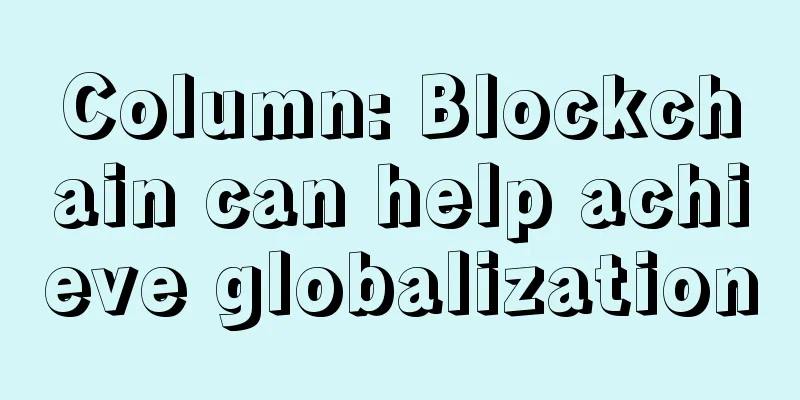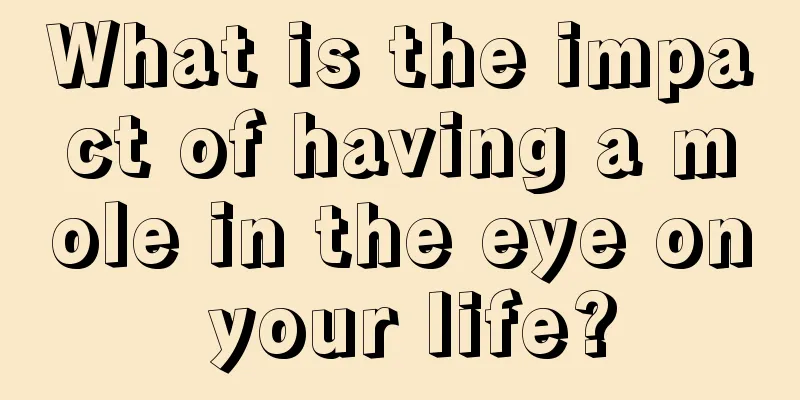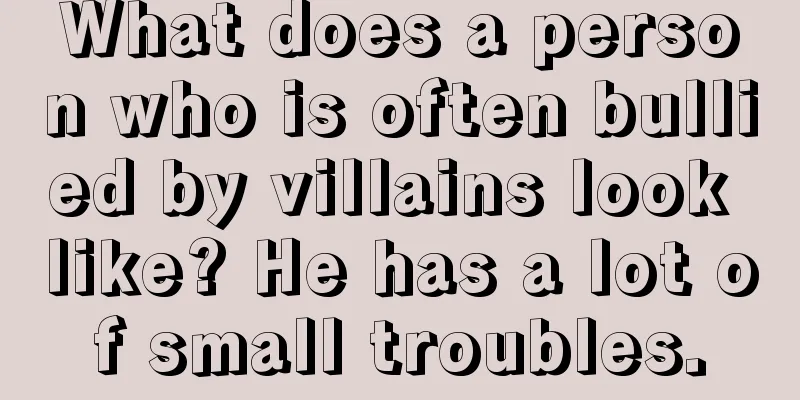Column: Blockchain can help achieve globalization

|
Rage Comment : With Brexit and the prevalence of US trade protectionism, the process of globalization is becoming increasingly difficult, and the world is forming a trend of deglobalization. However, globalization can undoubtedly bring many benefits to everyone, and decentralization will undoubtedly hinder the development of the world. However, blockchain can solve these problems, allowing global companies and non-global groups to engage in fair transactions without waiting for local rules to meet global legislative rules. Perhaps the language that helps us achieve globalization is not English, but automated binary language. Translation: Nicole Deglobalization is not just Brexit-driven, but also growing U.S. protectionism. There is a general negative attitude toward globalization, including a variety of spontaneous and sometimes hostile actions, such as anti-Western universalism in Eurasia, anti-federalism in Europe, Piketty-type neo-Marxism in Western Europe, and ISIS, and from the Mediterranean to Central Asia. What is at risk now is the post-World War II intellectual reconstruction orientation, that if the peoples of different civilizations discovered the profits generated by exchange, they would become interdependent and would recognize humanity as a whole. Globalization has suffered a setback and will soon turn into deglobalization - a fact that globalized economies will find hard to accept. The debate continues that in order to address inequality, governments need to restore sovereignty and eliminate national borders. Inequality has been rising in recent decades. But this is not because of international trade or the movements of people; after all, cross-border trade and migration have been going on for thousands of years. So what is causing this? To answer this question, we have to consider what features of globalization benefit the rich? The answer is: the ability to cooperate. At the heart of globalization is the careful recording of knowledge, and the necessary legal tools, to combine sovereignty and property rights over seemingly useless single assets (electronic parts, legal rights to produce, etc.) to ultimately produce complex finished products (such as iPhones), and the appropriate surplus value they generate. As we all know, a clear and accessible record of knowledge on a ledger not only describes who controls what and where, but also the rules governing the underlying parts that can be brought together from ten countries and made into a wooden pencil in Germany; similarly, it takes hundreds of parts to assemble a Swiss watch and thousands of parts to create an aircraft navigation system. It is also these records that allow us to know which institution has the right to regulate the exchange, who has the property rights to the assets and who can use these rights to use the assets at the same time. This is how we know what can be used and whether a certain document can realize the functions of complex components, including these investment collateral, credit collateral, certificates for receiving public services, and property rights containers that capture and store the surplus value created by the integration of components. After 20 years of field work in 20 countries and with more than 1,000 researchers, my organization, the Institute for Liberty and Democracy (ILD), has determined that 5 billion people—7.3 billion people worldwide—are not recorded in national ledgers or in any way that can be easily compared, measured, or mixed. Instead, information about their entrepreneurial talent and the legal rights to their assets are recorded in hundreds of fragmented systems of records and rules that are difficult to share internationally. By Hernando De Soto The missing link between the legal chain and the blockchain The lack of a unified record of knowledge—not transactional knowledge—is a major cause of global inequality. There is a huge disconnect between the lawyers and politicians who write and implement the laws and regulations that govern globalization and the people who implement policy, and who have little connection to the people who record or control the ledgers that record social contracts. In other words, the legal chain is missing some key link. Based on the experience in Japan, the United States, and Europe, it takes a century (meaning a long time) to implement legal regulations that ensure equal rights and opportunities. But there is a faster way: Don’t think of these missing links as missing links in the legal chain, think of them as missing links in the knowledge chain. ILD knows a little about knowledge chains. It took us 15 years to bring millions of people into the global legal system by bringing knowledge from marginal ledgers into the legal mainstream - without the need for complex software. But we don’t have decades to spend on this process; if we want to achieve globalization and reduce injustice, we need to quickly import information on billions of people. This process needs to be automated. More than a year ago, ILD began—with seed funding from Omidyar Network and the patient guidance of Silicon Valley’s Bill Tai—to consider whether information technology, especially blockchain (the transparent, secure, and decentralized online ledger that supports Bitcoin), could enable more of the world’s population to participate in the globalization process. The answer is of course! By translating the language of legal chains into digital language—requiring us to develop a 21-part typology—we created a system that does at least four important things:
All things being equal, perhaps the language that helps us achieve globalization is not English, but automated binary language. This column is a guest post by Hernando De Soto and appears online via Commentary. The opinions expressed in this article are solely those of the author and not those of Bitcoin Magazine. |
<<: Ethereum uses formal verification to improve the security of smart contracts
>>: Standard Chartered Bank uses blockchain to complete cross-border payment in ten seconds
Recommend
How to read the fate line in palmistry
The fate line, also known as the lucky line, is t...
Who has high financial management ability according to their appearance?
We all know that a person's wealth fortune ca...
The wise and intelligent girl has a bright and tall forehead
There are always some particularly smart women ar...
Complete guide to bone structure - Lingqi magic bone bone structure diagram: Lingqi magic bone
Complete bone structure - Lingqi intelligent bone...
Are women with light-colored lips more dominant?
It is not good for a woman to be too weak, becaus...
Why hasn’t the Bitcoin price on Coinbase reached a new all-time high?
Bitcoin prices hit new highs on multiple exchange...
Illustration of the love line in palmistry for those with good relationships with the opposite sex
How to read the love line diagram in palmistry? T...
What is the fate of a woman with a mole on her neck? Is it good to have a mole on your neck?
What is the fate of a woman with a mole on her ne...
What does Lianzhen Tanlang represent in Fude Palace?
Lianzhen is one of the Big Dipper and belongs to ...
Data analysis: Four reasons why Ethereum finally hit a new high, but the positives are not yet exhausted
As soon as 2021 began, ETH showed an amazing upwa...
What are the folk remedies for the symptoms of mole sores? What is the most effective way to treat mole sores?
There are many symptoms of mole sores, and in add...
What kind of people have strong premonitions according to palmistry
In fact, if you look at it in a dream, you can se...
What is the fate of people with broken palms on both hands?
Do you know what a broken palm looks like in palm...
HarleyBit tycoon event: a competition among tycoons in the industry to save coins
On November 6th, Beijing time , HarleyBit organiz...
Qicai Research Institute's NFT+Metaverse+DeFi interstellar game - How Metaverse Miner achieves "Play to Earn"
At 19:30 on the evening of September 6, Qicai Res...









